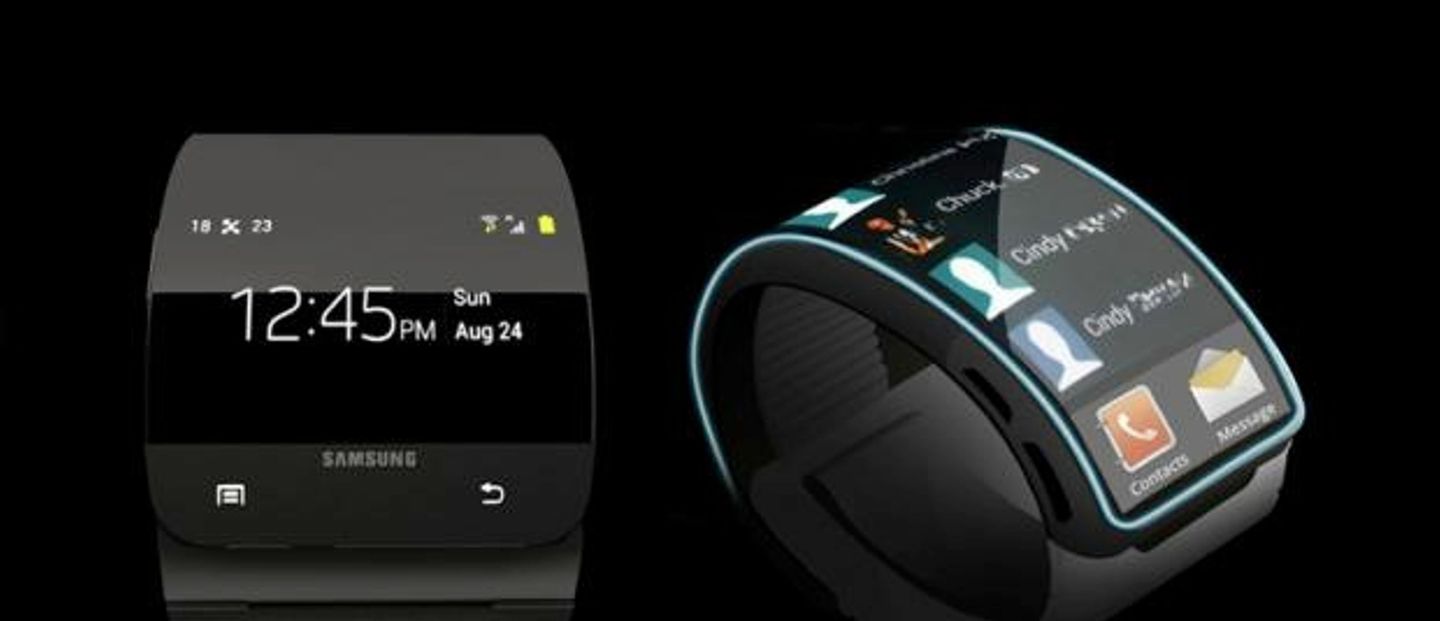Early September will see the launch of Samsung’s new Galaxy Gear smartwatch, another milestone in the race to re-think and re-instrument everyday technologies. While Samsung hasn’t released the feature set, experts are talking about tight integration with Samsung’s Android phone platform, including monitoring calls, texts, calendar reminders and other notifications.
It’s another sign that wearable computing is entering our every day lives and that brands “get” the need to create ecosystems around products, with data shared across multiple devices, wired to predict our needs and adapt to user behaviors/profiles.
In the experiential and sponsorship realm, we see this happening through RFID-enabled wristbands and similarly digitized items that not only help our customers have a deeper and more personalized experience but on the marketing side, provide reams of data on individual preference, buying condition, brand perception and triggers for consumer promotion or sales follow-up.
The big picture: as people become more accustomed to (and buyers of) intelligent devices and the data they throw off, every marketer will need to have a fine-tuned data strategy underpinning their campaigns.
